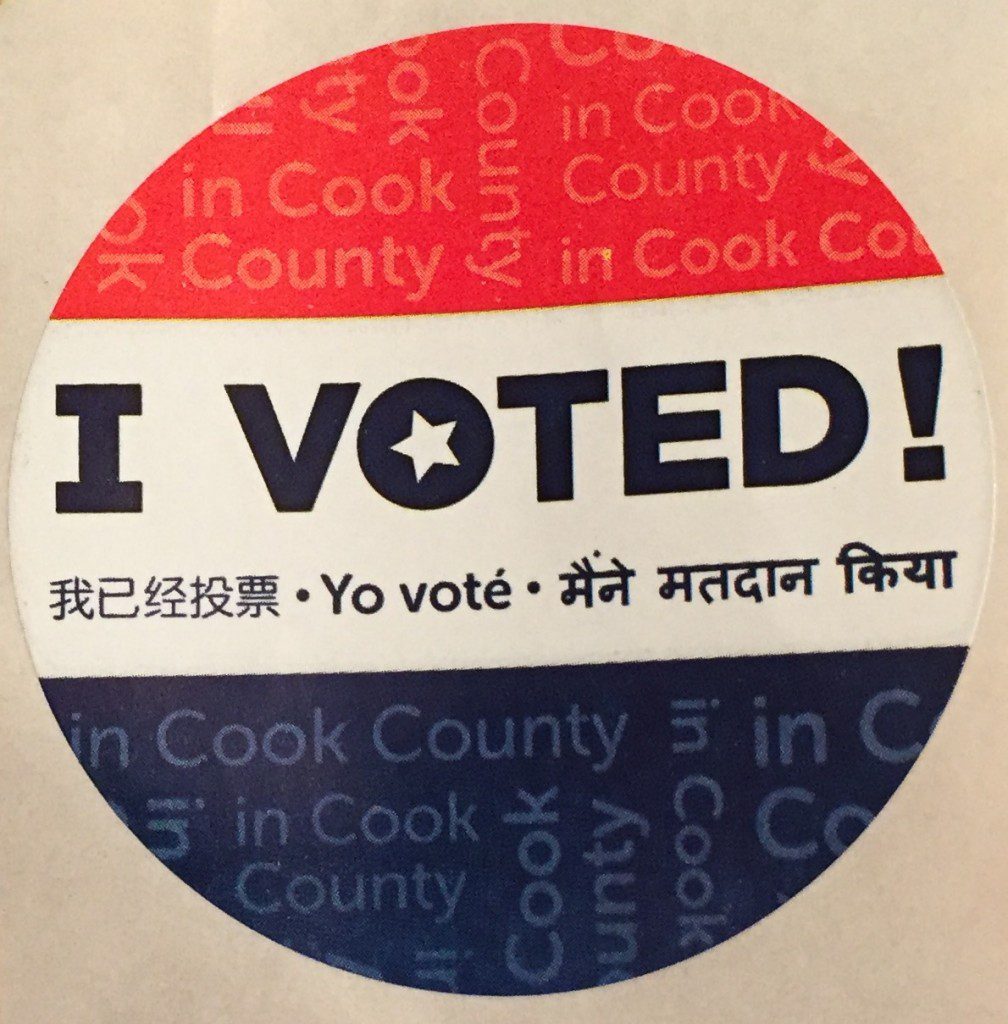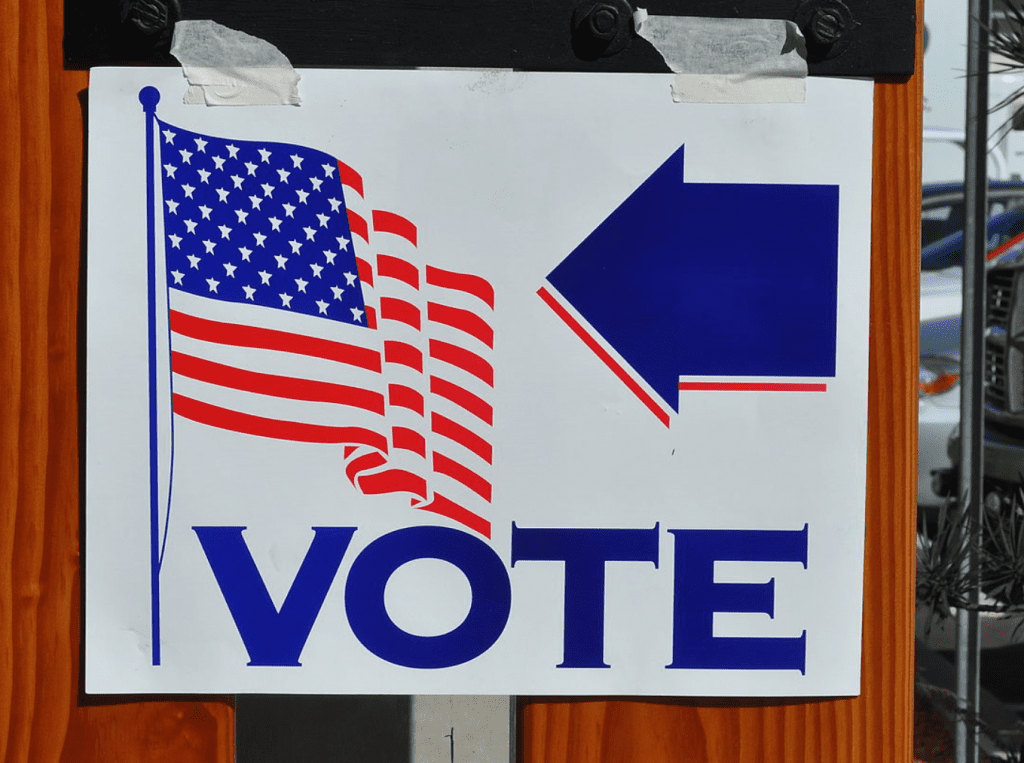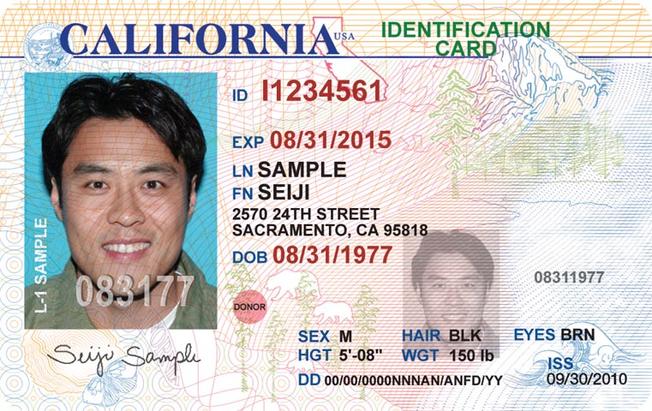
In the Tribune today, “Illinois priest nearing citizenship now faces deportation. Because he mistakenly voted.” (Mini-rant: I’m getting really tired of these multi-sentence headlines.)
The Rev. David Boase, an Episcopalian priest who came to Illinois from England 14 years ago, is headed towards being deported as a consequence of having admitted, in the process of applying for citizenship, that, back in 2006, he had voted.
Boase, who migrated 14 years ago to Illinois to serve Episcopal churches, told USCIS he was unaware at the time that only citizens can cast ballots in federal elections. Moreover, Boase said he agreed to register while obtaining his driver’s license at a state Department of Motor Vehicles office, after presenting his British passport as identification.
A DMV supervisor directed him to sign up to become a voter.
Boase said he was unaware that non-citizens were ineligible to vote, but was told shortly after and accordingly only voted the single time.
So, yes, it raises the question of how punitive the government should be to someone who voluntarily discloses having voted, especially in the context of so many people who are here illegally who are given indefinite deportation deferrals. Of course, at the same time, this is not a case where he will be experiencing substantial hardship — yes, the cost of living is higher in England, though presumably he has some fairly reasonable mix of UK- and US-based retirement income.
But this is hardly the first instance of a non-American voting, then saying, “I didn’t know it wasn’t allowed.” And an individual obtaining a license using a British passport should certainly never be able to register, and if the combination of the efforts to streamline vote registration via “motor voter” laws, and the emphasis at the DMV/or Secretary of State on giving everyone driver’s licenses regardless of legal status, and the general reputation of those workers for not being the sharpest tools in the shed, has produced this as an outcome, leaving an otherwise-educated man thinking, “huh, in the UK you can only vote if you’re a citizen; I guess things work differently here in the U.S.” — well, then we have a problem.
How often does this happen? The Washington Times, for what it’s worth, reported on a study which identified some 3,000 non-citizen voter registrations in 13 cities it studied. Sure, one might say, that’s a drop in the bucket compared to the total number of voters in a given jurisdiction, though there’s no way of knowing how many more such voters there are who just haven’t been identified. A local-news NBC report from 2017 says that at the time frame in which Boase got his license, Illinois DMV clerks were singularly unhelpful in explaining the law to immigrants (rationalized as following the letter of the law that requires that nothing be done that can be seen as discouraging registration); as of 2009, they are required to state clearly that “Please remember that one must be a U.S. citizen and be at least 18 years old, on or before the next election, to make application to register.” However, the report cites a more recent case of an immigrant who reported that her English was too poor to understand the instruction.
Strictly speaking, the penalty for voting as a noncitizen is up to a year in prison. Yes, it would appear that this isn’t actually enforced.
But is it just for the federal government (via motor voter) and the state government (via its implementation of the law) to create a set of circumstances in which it is so easy for individuals to unknowingly break the law?













